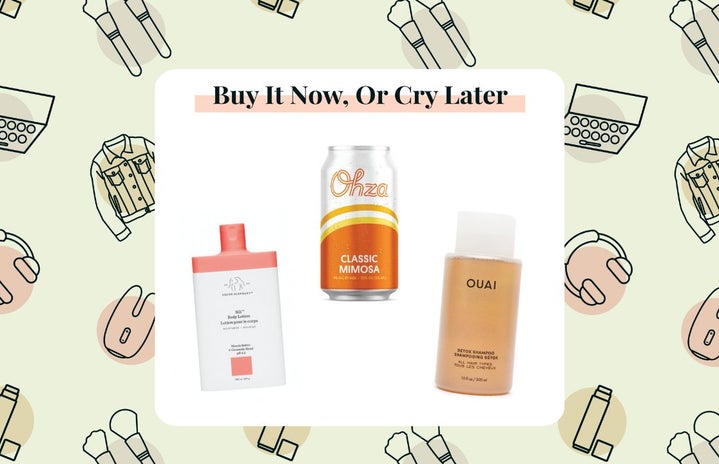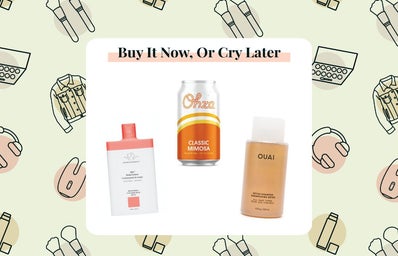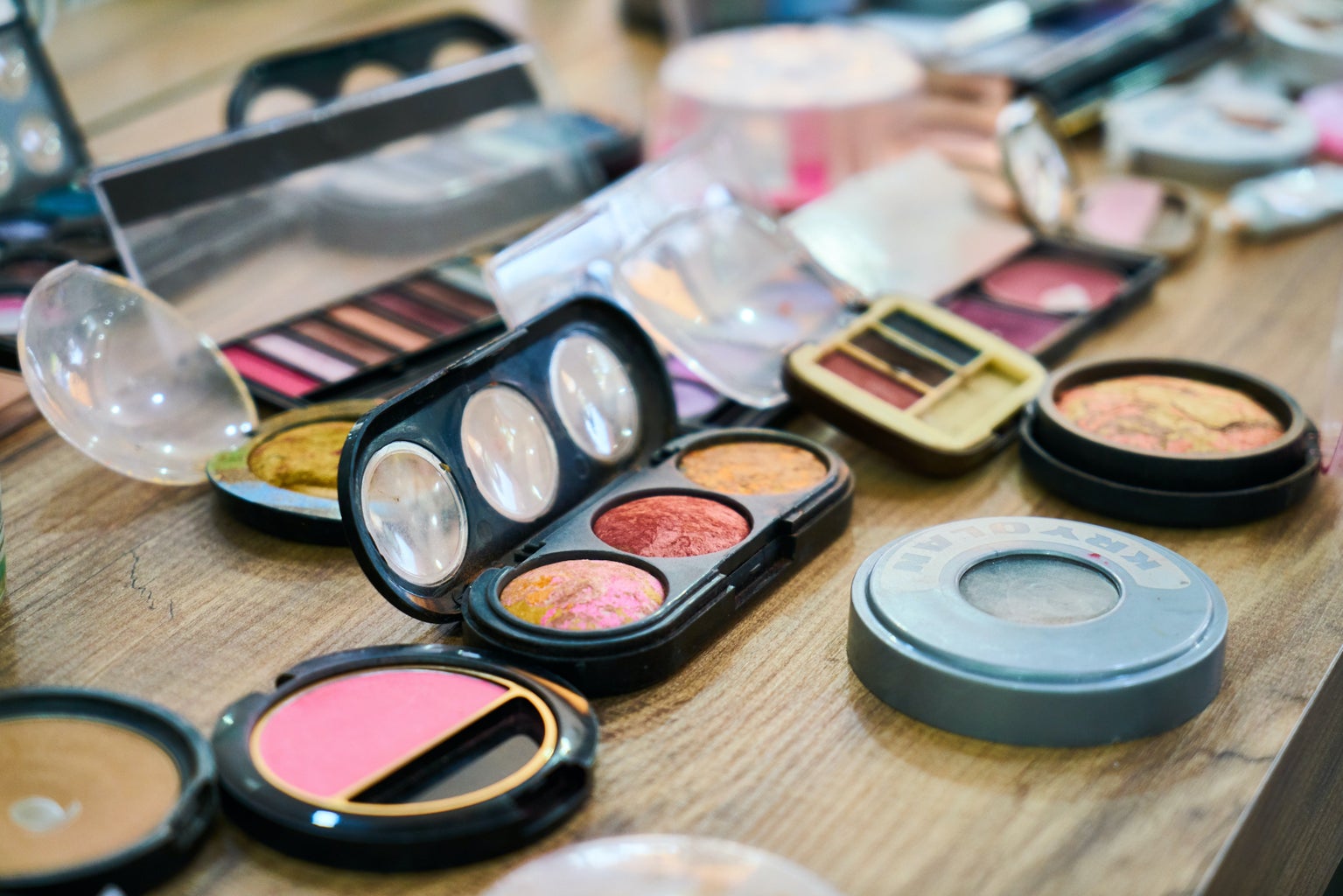If you’ve been on Tiktok at all in the past month or so, you’ve probably been exposed to the situation around Gen Alpha and their seeming obsession with Sephora’s most expensive skincare and makeup products. There are countless stories of eleven-year-olds demanding Drunk Elephant retinol and bronzing drops—even though they don’t need them. This has stemmed from a culture surrounding our influencers and for a generation raised in front of pads, attempting to become the trendy adults they’re surrounded by appears to be the natural progression of the problems they’ve been exposed to.
The fact that girls as young as nine and ten are scared of aging and are lashing out in rude, entitled ways to employees and adults, speaks volumes about the kinds of media they are exposed to. If we’re cultivating a culture where aging is terrifying, where taking care of yourself goes so far that even your natural wrinkles are a sign of failure, what kinds of examples will Gen Alpha then set to their own children? How will they perpetuate the state of overconsumption already established by makeup and wellness brands across the world?
When I was a kid, I hated makeup. In my contrarian way, I thought it was stupid. I didn’t like the way it looked on me. I never got to get over that awkward phase, where a young girl can experiment and mess around with pigment and mascara, look clownish and awkward and it be okay because you’re learning and practicing. I never wore makeup consistently till college. I wear the same brown cat-liner every day, and some kind of lip color. Usually some lip-tint-as-blush too, and if I’m feeling it, my favorite burgundy mascara. This look developed because I had practice, I experimented, I tried different products and I learned from looks I liked.
My question is, why can’t we extend that grace to this new generation? When we were younger, the “it” looks came from beauty-guru juggernauts like James Charles—Okay, stay with me now—Nikki Tutorials, Patrick Starr, and others that popularized the cakey, mega-glam look of the mid-2010’s. So when young girls did their makeup, it was with max coverage foundation, bad attempts at baking with concealer and powder, smokey eyes, and matte lips. But the “it” look now is different. The focus is on having clean, dewy, clear skin, minimal makeup, and a “natural” glow. So it makes sense that kids want to experiment with high-end skincare and Rare Beauty Blush, just as when we were little, we wanted Tarte Foundation and Anastasia Hills Brow Kits.
The problem is obviously more complicated than letting kids experiment with makeup. It has its hands in the way Generation Alpha has been raised, how much technology has a hand in how we function now, and our culture’s relationship to consumerism. I think everyone’s fine with little girls experimenting with makeup—the problem really stems from their attitude, the rudeness the eleven-year-olds seem to have, and the entitlement they feel to overly consume their coveted products. I want to encourage us, especially the now young-adult Gen Z, to have grace for Gen Alpha. Writing off whatever is happening, blaming the young girls, and getting a laugh out of how much we dislike them won’t solve the problem, and it won’t make life any better for anyone.
Instead, how do we target what Gen Alpha is being taught about their world, their looks, and the way they approach buying products? I hope that we can change the kinds of expectations young girls have for themselves and the world that they have been given by social media and that we can have more grace for them as children seeking self-expression. Let’s make this phase their experimentation, their realization that not all products are good for them and that they can create their own self-image removed from the beauty standards of adults and influencers.


